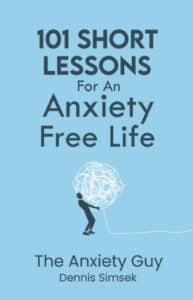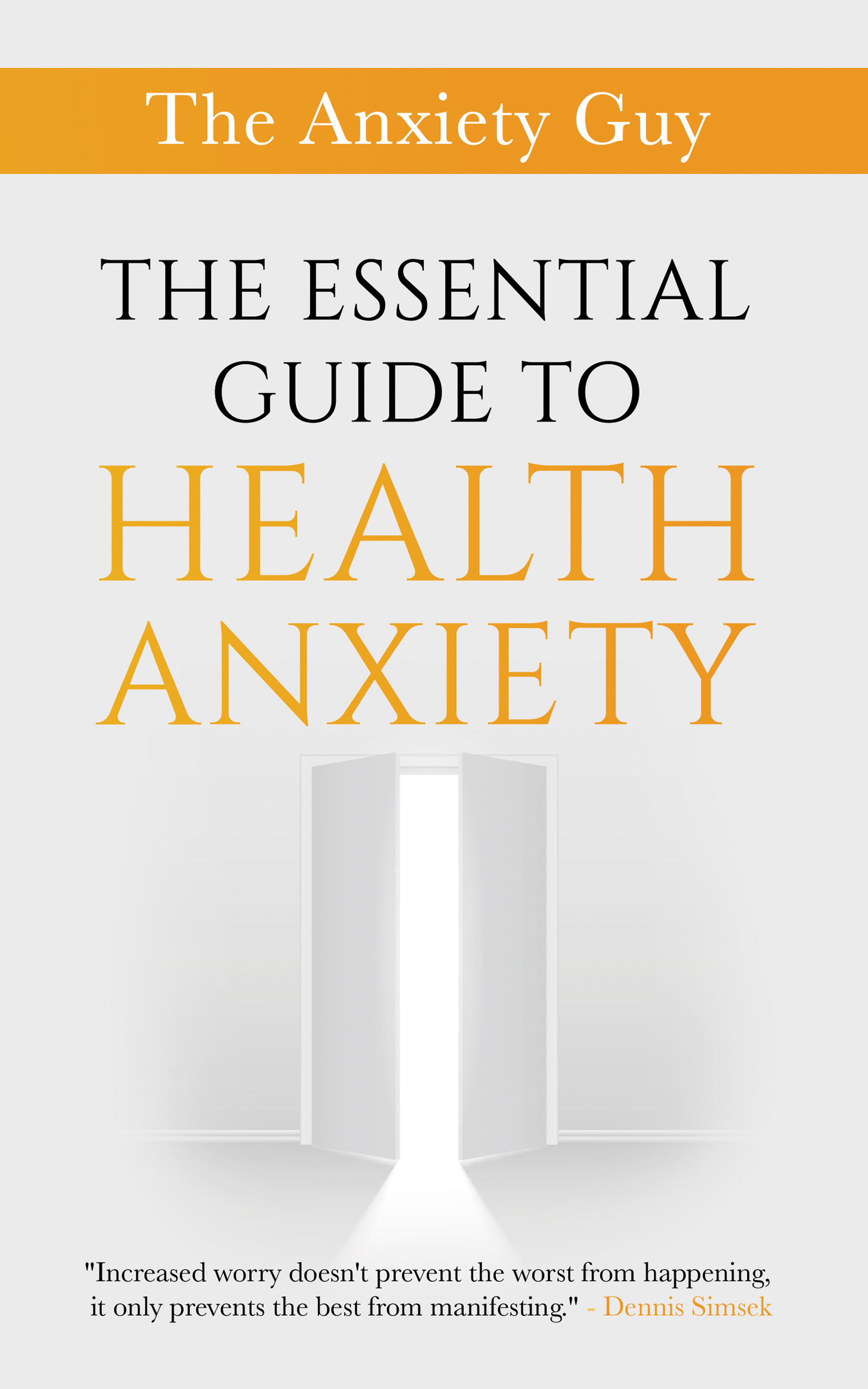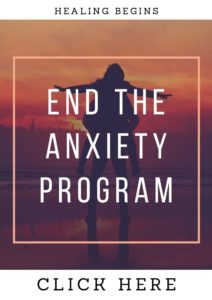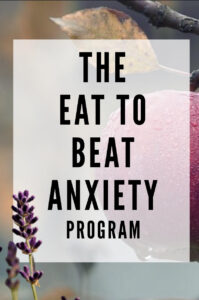Our Community Awaits You At The Health Anxiety University Today.
Are you tired of searching for an effective way to heal your anxiety? Look no further as we reveal the truth behind a popular method that may be leaving you disappointed. In this article, we delve into why this way of healing anxiety is ineffective and explore better alternatives.
Understanding anxiety is the first step towards finding a suitable solution. However, relying solely on this method, often touted as a quick fix, may not be the answer. With misleading claims and insufficient evidence, it’s essential to question the effectiveness of this approach and explore other options.
Join us as we uncover the reasons why this widely-promoted method falls short in providing lasting relief from anxiety. We debunk myths, provide evidence-based information, and shed light on alternative healing strategies that have shown promising results.
Don’t let your search for anxiety relief lead you astray. Discover the truth and find the most effective ways to overcome your anxiety in this revealing anxiety guy podcast episode.
Anxiety is a complex mental health condition that affects millions of people worldwide. It manifests as persistent feelings of fear, worry, and unease, often accompanied by physical symptoms like increased heart rate, sweating, and restlessness. Anxiety can significantly impact a person’s daily life, relationships, and overall well-being.
While experiencing occasional anxiety is normal, chronic anxiety can be debilitating. Understanding the underlying causes and triggers of anxiety is crucial in finding effective treatment options. It’s important to recognize that anxiety is not a weakness or character flaw but a medical condition that requires proper care and attention.
Common Misconceptions about Anxiety Healing Methods
When it comes to healing anxiety, there are numerous misconceptions that often lead individuals astray. One common misconception is the belief that medication alone can cure anxiety. While medication can provide temporary relief and help manage symptoms, it is not a standalone solution. Anxiety is a multi-faceted condition that requires a comprehensive approach for long-term healing.
Another misconception is the notion that avoiding triggers and stressful situations is the key to overcoming anxiety. While it’s important to identify and manage triggers, avoiding them entirely can lead to avoidance behaviors and further exacerbate anxiety symptoms. Confronting and addressing anxiety triggers in a controlled and supportive environment is a more effective approach.
The Ineffective Approach: Suppressing Anxiety Symptoms
The popular method in question revolves around the idea of suppressing anxiety symptoms rather than addressing the root causes. It often involves the use of quick-fix techniques and products that claim to provide instant relief. However, this approach fails to provide long-lasting results and may even worsen anxiety in the long run.
Suppressing anxiety symptoms without addressing the underlying issues can lead to a cycle of temporary relief followed by heightened anxiety. It’s important to remember that anxiety is a signal from our bodies, indicating that something is amiss. Ignoring these signals can prevent us from understanding and addressing the core issues contributing to our anxiety.
Mindfulness and meditation have gained significant attention in recent years for their positive effects on mental health. These practices involve cultivating awareness of the present moment and non-judgmentally acknowledging thoughts and emotions. Research has shown that mindfulness and meditation can reduce anxiety, improve emotional regulation, and enhance overall well-being.
Incorporating mindfulness and meditation into daily routines can help individuals develop a greater sense of calm and clarity. By focusing on the present moment and observing thoughts and emotions without judgment, individuals can cultivate a more compassionate and accepting relationship with their anxiety.
The Importance of Self-Care in Anxiety Recovery
Self-care is a crucial aspect of anxiety management. Engaging in activities that promote relaxation, self-expression, and emotional well-being can significantly reduce anxiety symptoms. Regular exercise, adequate sleep, healthy eating, and nurturing relationships are all essential components of self-care.
Practicing self-compassion and setting boundaries are also vital in managing anxiety. Learning to prioritize one’s own needs and saying no when necessary can prevent overwhelm and reduce anxiety levels. Taking time for oneself is not selfish but necessary for overall mental health and well-being.
Conclusion: Embracing a Comprehensive Approach to Anxiety Healing
Don’t let misleading claims and quick fixes lead you astray in your journey towards healing anxiety. Embrace a comprehensive approach that addresses the root causes, empowers you with effective coping mechanisms, and nurtures your mind, body, and spirit. Remember, healing anxiety is a process, and with the right tools and support, you can find lasting relief and reclaim your life.
Let us know in the comment section of this way of healing anxiety has been holding you back.
The Anxiety Guy Podcast is one of the most popular mental health podcasts in the world with more than 6 million downloads alongside the Health Anxiety Podcast Show.
It has been selected as the top mental health and anxiety podcast on Apple 6 times, and has been listen as a top podcast for anxiety today on Psychology Today, Choosing Therapy, Better Help, Women’s Health, Marissa Peer and many more. To listen to any of the past episodes for free, check out this page.
Listen to all future anxiety guy podcast episodes on Spotify, Tune-in, Podbean, Podbay, Podcast Addict, Scribd, Luminary, Google Podcasts, Amazon Music, or on your favorite podcast platform. You can watch all previous anxiety guy episodes through video on YouTube here.



















